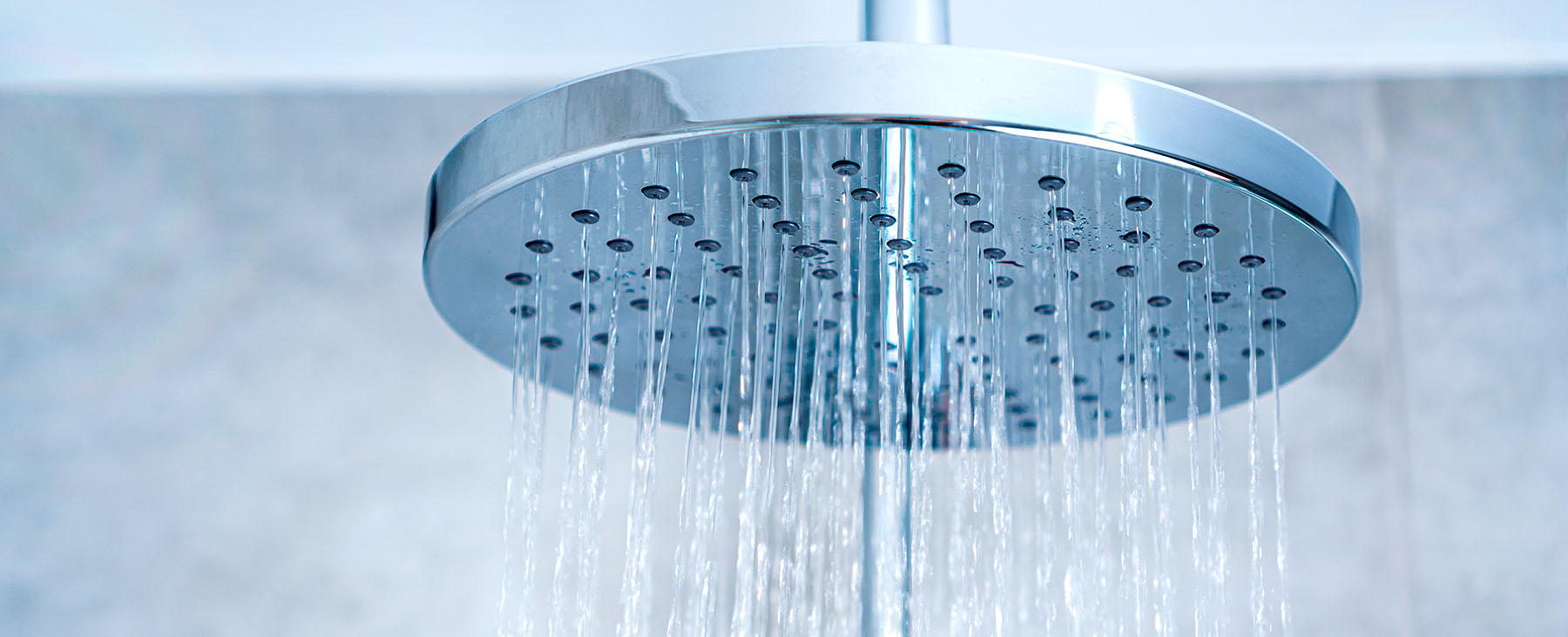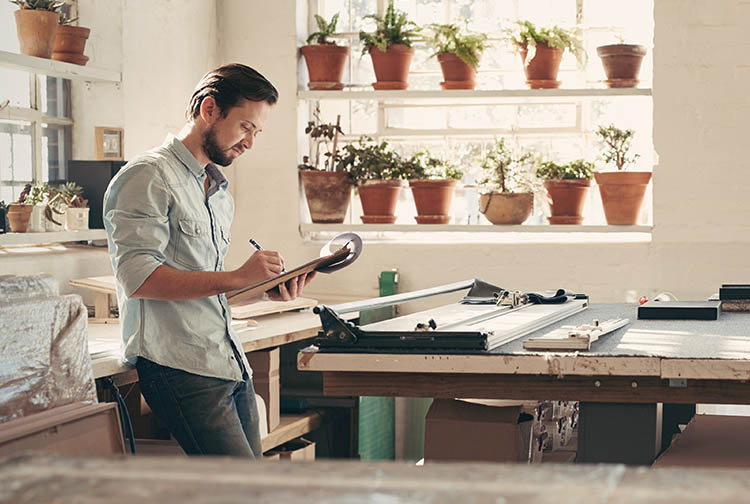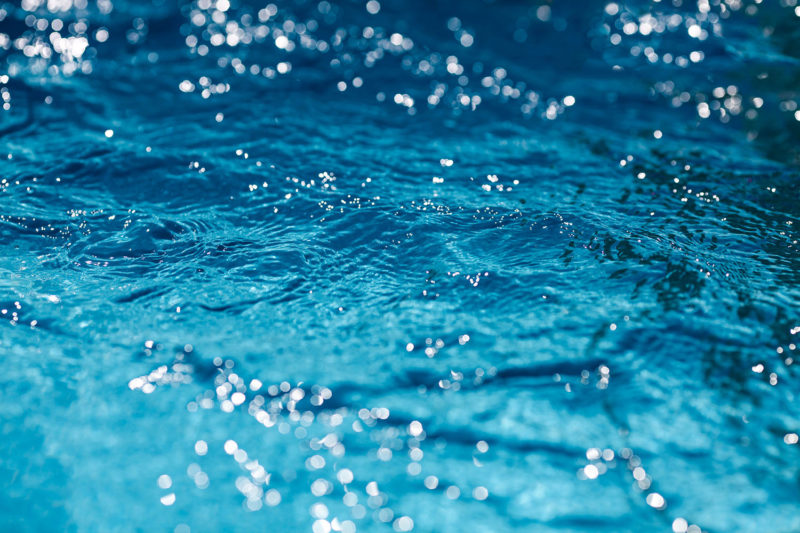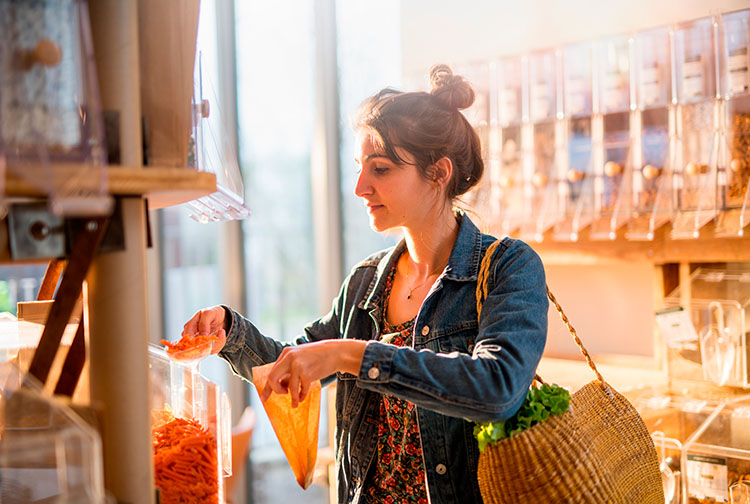

Saving water the easy way
We use water in practically every stage of our lives, from daily domestic use to supplying industries, agriculture, or the tourist sector. Water is a precious commodity without which life is inconceivable, but do we consume it consciously?
On average, a person can consume up to 130 litres of water a day, according to data from the Agència Catalana de l’Aigua (ACA). If we stop to think about how often we turn on the tap, run the washing machine or clean the house, we will quickly realise that our consumption is probably much higher than we thought.
Studies by the ACA have found that a person can consume between 2 and 18 litres just to wash his hands or clean his teeth. Filling a bathtub can consume up to 200 litres, while taking a shower can use between 30 and 80 litres. Even flushing the toilet can waste between 6 and 10 litres per flush.
Here are some daily actions we can take to achieve a double benefit: reducing the bill and avoiding wasting water.
How to reduce domestic water use:
- Turn off the tap. When brushing your teeth, shaving, or soaping up the dishes. This is the number one water-saving rule.
- Limit the water we use. For example, when cleaning our teeth, we can choose to fill a glass of water with the amount we will use for rinsing. When shaving, you can leave a few centimetres of water in the sink to clean the razor.
- Check for water leaks. A quick way to check this is to check the meter before going to bed and check it again in the morning. If the meter moves, you may have a leak.
- Do not throw things in the toilet. As well as clogging the pipes, the more often we flush, the more water we waste.
- Take showers for a limited period of time. Substituting a bath for a shower can help, as long as the shower is just for the right length of time. For children, it may be more useful to half fill a bathtub.
Household appliances, silent consumption
- Do full loads. Running the dishwasher or washing machine can consume up to 90 litres. In the long run, it also pays to invest in eco-labelled appliances that reduce both water and electricity consumption.
- Reduce toilet flushing. Especially for single-flush toilets, where the load can be reduced by half.
- Do not rinse dishes before putting them in the dishwasher. All dishwashers are now programmed to do this.
Limit water use in outdoor spaces and gardens
- Avoid using hoses. Watering is best done at dusk, and avoid light-surface watering, which will evaporate in a short time and can be wasteful. If we have to wash the car, we prioritise using a soapy sponge, and limit water only for the final rinse.
- Do not water excessively. Water plants only when they need it, as overwatering can lead to a loss of nutrients.
- Adapt the outdoor watering system. Depending on the size of the garden and the water needed to maintain it, consult the resources available to reduce water consumption, such as collecting and using rainwater.
- Choose plants adapted to the area where you live. If it is a dry area, give priority to plants that are more drought-tolerant, such as: portulaca, bougainvillea, lithops or moss rose, lantana, verbena, or some type of shrub such as oleander.
Instilling water values in children
When there are children in the house, water consumption can increase considerably, so it is worth paying attention. Teaching them to value water and use it efficiently will give them a vital advantage and, at the same time, reduce their water bills. Not forgetting that the best learning experience is the example we can set for them.
If you want to discover how to drink the best water, save money and help the planet, go to 11Onze Essentials.
Leave a Reply
You must be logged in to post a comment.





Gràcies, ara tindré més en compte de no malgastar l’aigua!
Hem de prendre consciència de que l’aigua és un bé necessari i que no la podem malbaratar de cap de les maneres. Moltes gràcies pel teu comentari, Joan!!!
Molt bones mesures d’estalvi d’aigüa👌merci, caldrà aprendre-les i fer-les efectives dia a dia
Absolutament d’acord amb el que has dit… Moltes gràcies pel teu comentari, Jordi!!!
Gràcies pels consells
No es mereixen, Manel. Moltes gràcies pel teu comentari!!!
Així és, Mercè! Tan sols és canviar costums i amb petits canvis aconseguirem estalviar molt!
La majoria de consells són els que faria que l’àvia et renyés si no li fessis cas.
Hem viscut anys del campi qui pugui consumista.
Hem de tornar a aplicar el sentit comú i és ben cert que el millor aprenentatge és l’exemple que es dona, més que els sermons.
Tal qual, Mercè, a veure si tots plegats anem agafant una mica de seny… Moltes gràcies pel teu comentari.
Tota la raó Mercè.